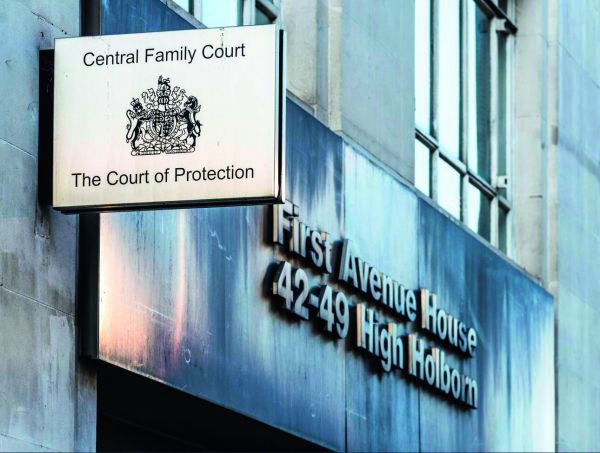
The document, ‘The Road Ahead’, draws on a report into remote hearings in the family court published by the Nuffield Family Justice Observatory in May. It advises family lawyers to assume social distancing restrictions will remain in place for ‘many months’ and the ‘normal court working environment’ will not be achieved until at least the end of 2020 or the spring of 2021. Consequently, ‘apparent potential unfairness’ which justified adjournment for a short period of time ‘must now be re-evaluated’.
Sir Andrew, President of the Family Division, said: ‘The need to achieve finality in decision-making for children and families, the detrimental effect of delay and the overall impact on the wider system of an ever-growing backlog must form important elements in judicial decision making alongside the need for fairness to all parties.’
However, various steps to reduce the potential for unfairness have been identified, which means more cases can proceed, he said. For example, the easing of lockdown gives lay parties the option of taking part in remote hearings from their solicitor’s office or other location where IT support is available.
Meanwhile, volumes of private and public cases have continued at pre-coronavirus levels, applications for domestic abuse injunctions have remained the same or, in certain inner-city areas, ‘significantly risen’. Sir Andrew predicted a ‘surge’ in child protection cases once more children came out of lockdown.
He urged judges and lawyers to keep submissions and judgments brief and relevant, as time is short. Read the full document at: bit.ly/3cQS39I.
Meanwhile, the High Court has begun a judicial review of the legal aid means test, brought by a domestic abuse victim denied legal aid because she co-owns her house with her former partner.
Law Society president Simon Davis said victims could not access the equity in their home and were left ‘navigating the court system alone and representing themselves in court against their abusive ex-partner’.
The Ministry of Justice was reviewing the legal aid means test before the COVID-19 pandemic began.









